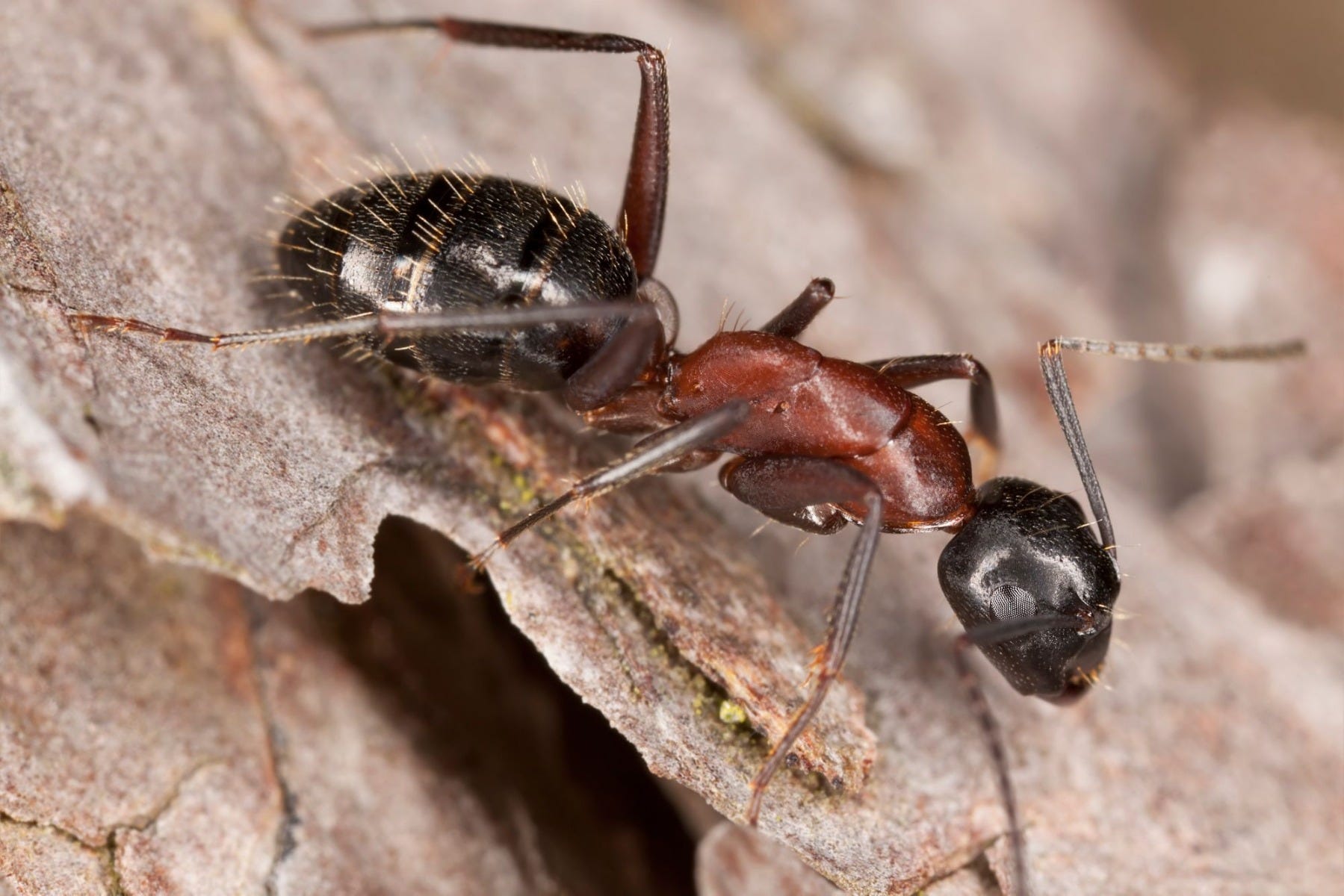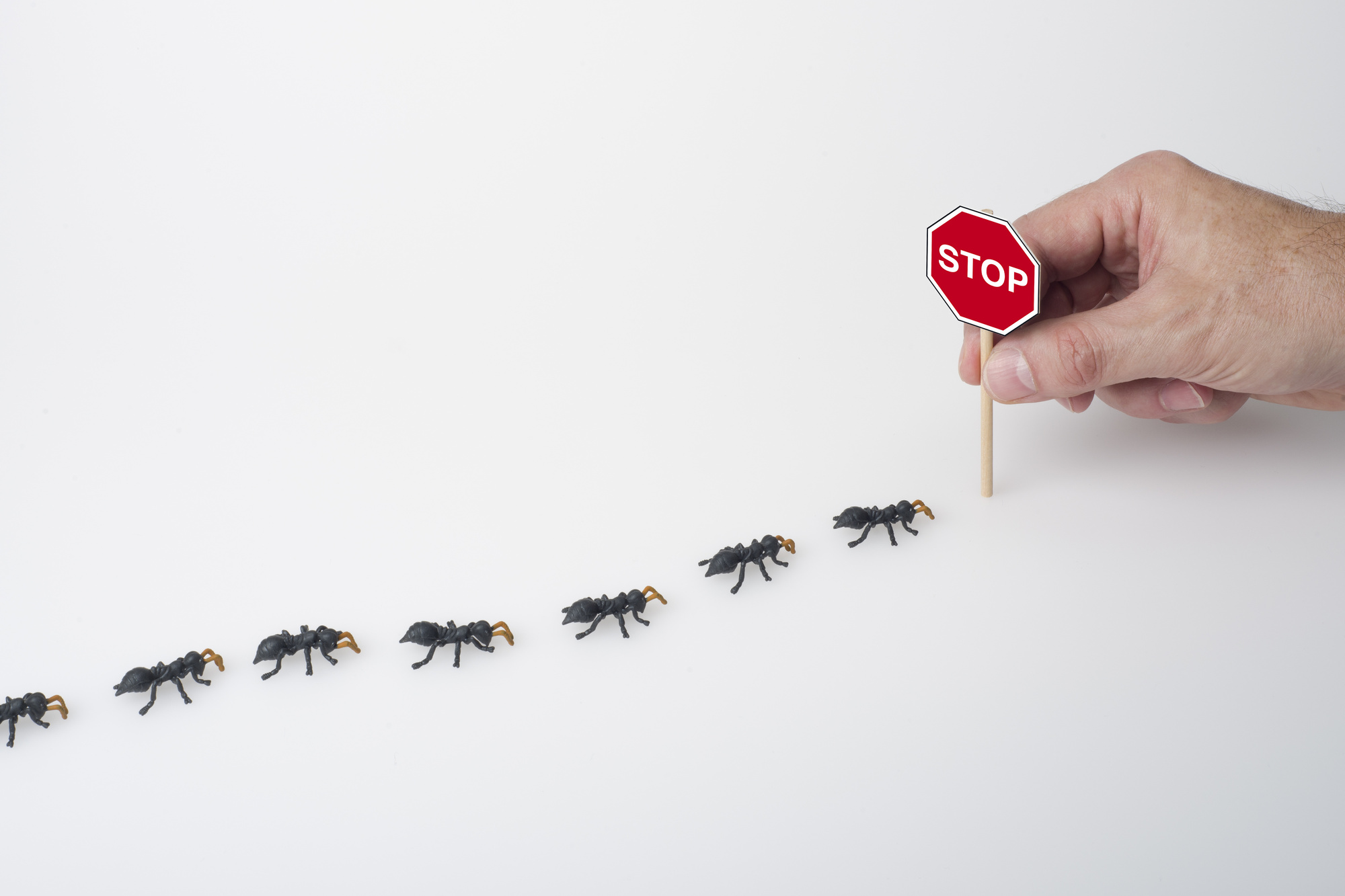Specialist Termite Control Services: Guard Your Home from Termite Damages
Specialist Termite Control Services: Guard Your Home from Termite Damages
Blog Article
Environmental Effect of Pest Control: Harmonizing Performance With Sustainability
The environmental impact of bug control is a critical problem that requires a fragile equilibrium between attaining performance in managing pests and guaranteeing sustainability of our environments. From the usage of harmful chemicals that leak into our soil and water to the unexpected repercussions on non-target species, the consequences of standard bug control techniques are significant.
Dangerous Chemicals in Pest Control
The utilization of dangerous chemicals in insect control poses significant environmental and health dangers that require cautious consideration and mitigation techniques. Herbicides, pesticides, and pesticides are generally utilized to eradicate pests, however their extensive application can result in unexpected repercussions. These chemicals can infect soil, water sources, and the air, impacting not just the targeted bugs but likewise advantageous bugs, wild animals, and human beings.

To resolve these risks, incorporated pest administration (IPM) techniques are being promoted as an extra lasting option. IPM includes a combination of techniques such as organic control, environment control, and the targeted usage of chemicals as a last resort (ant control belmont nc). By taking on an all natural approach to pest control, we can decrease the ecological and health impacts related to dangerous chemicals while efficiently taking care of pest populaces
Influence On Non-Target Types
Thinking about the unexpected repercussions of bug control approaches, the influence on non-target types is an essential element that needs complete analysis. While parasite control measures aim to target details pests, various other organisms in the ecosystem may be inadvertently impacted. Non-target types, including advantageous insects, birds, mammals, and even plants, can endure indirect or straight damage from pesticide applications or organic control methods.
Chemicals can have sub-lethal or dangerous results on non-target species. As an example, insecticides designed to combat a specific bug bug may damage pollinators like bees or natural predators such as ladybugs. Additionally, chemical residues can collect in the atmosphere, influencing non-target microorganisms gradually. In a similar way, biological control agents, if not species-specific, can posture threats to unexpected targets, disrupting the ecological balance.
To reduce the effect on non-target types, incorporated insect monitoring (IPM) approaches that emphasize an alternative approach to pest control are suggested. These methods focus on using eco pleasant methods, decreasing injury to beneficial organisms while successfully taking care of pest populations. Conducting comprehensive threat analyses and keeping an eye on the results of insect control efforts are crucial action in safeguarding non-target species and advertising overall community wellness.
Dirt and Water Contamination
Unplanned environmental consequences of insect control approaches extend beyond impacting non-target varieties, with significant implications for soil and water contamination. Chemicals, herbicides, and chemical plant foods used in bug control can leach into the soil and pollute groundwater, positioning a hazard to both earthbound and water environments. Soil contamination can disrupt the equilibrium of bacteria essential for nutrition biking and plant development, bring about reduced dirt fertility and performance. Additionally, these chemicals can linger in the setting for prolonged durations, building up in the soil and possibly entering the food chain.
Water contamination is an additional important problem linked with bug control methods. To reduce dirt and water contamination from pest control activities, integrated parasite monitoring methods that focus on sustainability and minimize chemical inputs are vital.
Air Air Pollution From Pesticide Usage
Direct exposure to airborne chemicals throughout farming applications postures a considerable problem for air pollution control procedures. When chemicals are sprayed onto crops, they can volatilize right into the air and kind unstable organic substances (VOCs) and other airborne pollutants. These chemicals can add to the formation of ground-level ozone, a significant part of smoke that can have detrimental results on human health, plant performance, and total air top quality. Additionally, chemical drift, where chemicals are lugged by the wind to unexpected areas, can bring about the contamination of nearby communities and water bodies.

Approaches for Lasting Bug Control
In the realm of agricultural techniques, executing lasting parasite control strategies is vital for keeping eco-friendly equilibrium and safeguarding plant yields. Lasting bug control highlights making use of ecologically friendly techniques to handle insect populations successfully while decreasing damage to non-target organisms and communities. Integrated Pest Management (IPM) is a widely adopted technique that incorporates biological, cultural, physical, and chemical control techniques to accomplish long-lasting insect administration services.
Plant turning and diversification are also efficient techniques to interfere with pest life cycles and develop less positive problems for pests to flourish. Inevitably, by integrating these lasting insect control strategies, farmers can accomplish an equilibrium between More Bonuses pest administration efficiency and ecological stewardship.
Conclusion
In verdict, the environmental influence of parasite control methods should be very carefully thought about to balance efficiency with sustainability. Hazardous chemicals made use of in parasite control can result in soil and water contamination, air pollution, and harm non-target species - termite control. It is essential to implement lasting pest control methods to minimize these negative results on the setting and advertise a much healthier environment for future generations
By embracing a holistic strategy to pest control, we can decrease the ecological and health and wellness influences associated with unsafe chemicals while effectively handling pest populaces.

To reduce the air contamination caused by chemical use, it is important to embrace incorporated insect administration approaches that prioritize the usage of non-chemical pest control methods, such as crop turning, natural killers, and resistant crop ranges. Sustainable bug control emphasizes the use of ecologically pleasant methods to take care of parasite populations successfully while reducing injury to non-target organisms and communities. Integrated Parasite Management (IPM) is a commonly adopted strategy that integrates organic, social, physical, and chemical control methods to accomplish long-lasting bug administration solutions.
Report this page